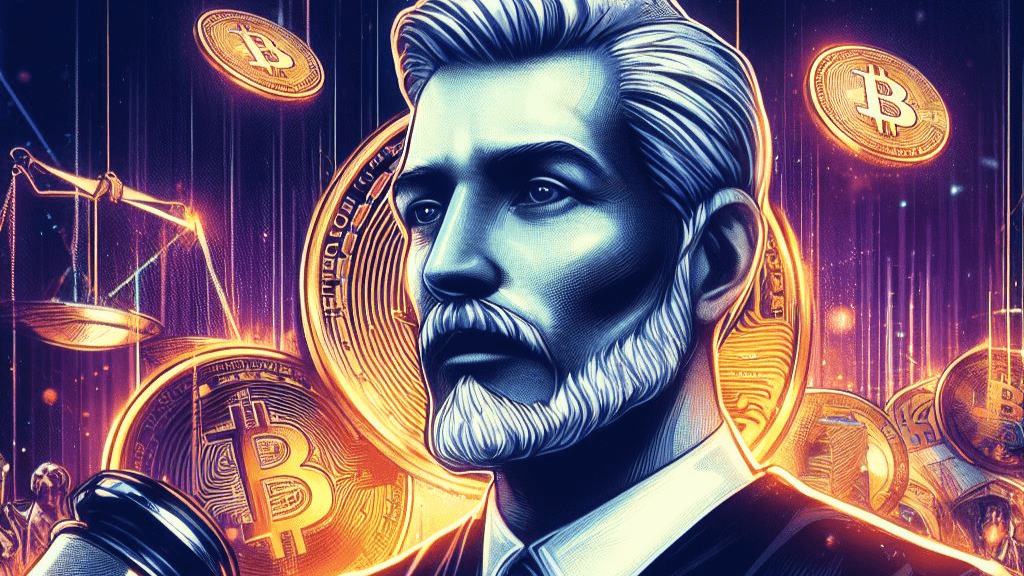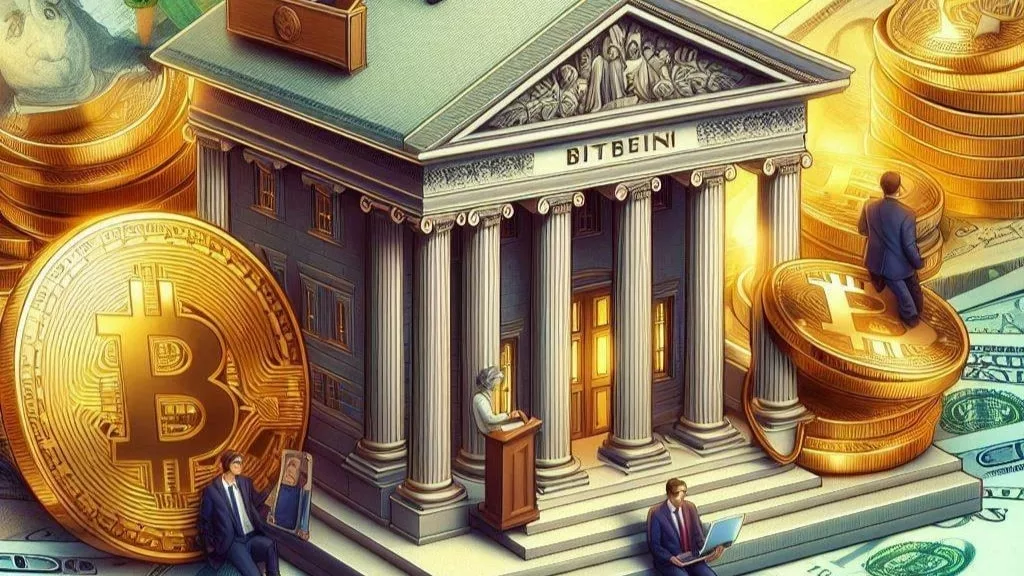
In a significant legal development, the founder of a major cryptocurrency exchange, Sam Bankman-Fried, has encountered a setback in his upcoming fraud trial. A U.S. judge has recently imposed limitations on the number of expert witnesses Bankman-Fried can present during the trial, marking a critical juncture in this high-stakes legal battle.
This trial revolves around allegations that Bankman-Fried misappropriated billions of dollars in FTX customer funds to cover losses at his Alameda Research hedge fund. Seeking to strengthen his defense, Bankman-Fried had initially proposed calling seven expert witnesses, each specializing in various facets of cryptocurrency markets and English contract law. His intention was clear: to persuade the jury to acquit him of the charges looming over his head.
However, U.S. District Judge Lewis Kaplan has issued a written order that significantly curtails Bankman-Fried’s ability to present expert witnesses. In this order, three of the proposed experts were excluded, with Judge Kaplan deeming their testimony either irrelevant or potentially confusing for the jury. This ruling has thrown a new twist into the unfolding drama surrounding one of the most prominent figures in the cryptocurrency world.
Late last month, attorneys representing the U.S. Department of Justice made a bold move by filing a motion to exclude every single witness that Bankman-Fried had suggested. Among these witnesses was Peter Vinella, a consultant who had intended to discuss “FTX’s use of widely-accepted practices in the financial services industry.” However, Judge Kaplan found this testimony to be irrelevant to the core of the case, dealing a blow to the defense’s strategy.
Another pivotal witness, English barrister Lawrence Akka, was also barred from testifying about FTX’s terms of service, which were governed by English law. Judge Kaplan’s reasoning was clear: only a judge possesses the authority to instruct jurors on matters of law. According to the court, Akka’s testimony did not serve the purpose of aiding the jury in comprehending FTX’s terms of service but rather amounted to “legal opinions” regarding the interpretation of contractual terms.
The defense had further sought to present testimony on various aspects of FTX’s operations, including its financials, software, and document metadata. Consultants Thomas Bishop and Joseph Pimbley, as well as data analytics specialist Brian Kim, were lined up to provide their expertise. However, the court, citing Rule 16, which mandates the government to disclose specific evidence intended for use in the trial, rejected all of these potential testimonies.
While this setback is undoubtedly a challenge for Bankman-Fried’s defense, there may be a glimmer of hope on the horizon. The defense team could potentially file a request to enable certain witnesses to testify if they believe these witnesses can effectively refute testimony from government witnesses. However, it’s worth noting that the government could oppose such a filing, setting the stage for a legal battle within a legal battle.
The court documents suggest that Bankman-Fried may argue that the terms of service did not explicitly prohibit the use of customer funds for investments. This argument could draw a parallel with how traditional banks use deposits to fund loans, asserting that such practices were common in the cryptocurrency industry. This line of defense could be pivotal in shaping the outcome of the trial and shedding light on the nuances of cryptocurrency operations.
In the context of U.S. criminal trials, it’s customary for both prosecutors and defendants to call upon expert witnesses to elucidate complex issues. In this particular case, the prosecution intends to present three former FTX and Alameda executives as witnesses. All three have already pleaded guilty to their roles in the alleged fraud, and their testimony is expected to be a focal point of the trial.
As the legal proceedings unfold, it’s clear that the trial is poised to be a protracted affair, potentially extending over a period of up to six weeks. Sam Bankman-Fried, a 31-year-old former billionaire, has entered a not guilty plea to the charges against him. While acknowledging shortcomings in risk management at FTX prior to its collapse in November 2022, he vehemently denies any wrongdoing in the misappropriation of funds.
In conclusion, this legal showdown between Sam Bankman-Fried and the U.S. Department of Justice has taken a compelling turn with the restriction on expert witnesses. As the trial progresses, it will undoubtedly attract significant attention and could have far-reaching implications for the cryptocurrency industry and the broader financial world. Stay tuned for further updates on this high-stakes legal battle.



Get the latest Crypto & Blockchain News in your inbox.